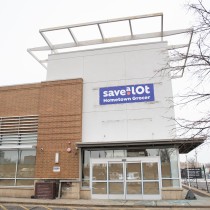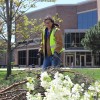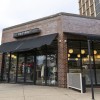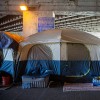

How a city-run grocery store in Chicago could work
Mayor Brandon Johnson said he’s exploring the possibility of a city-run grocery store. So, how would that work?
At least six grocery stores have closed on the South and West sides over the past two years, leaving some residents a half mile or more from the closest grocery store. Meanwhile, in the past decade, the number of Chicagoans living more than a mile away from a supermarket has increased by 63%. To address this, the mayor’s office is looking into the option of a city-run grocery store.
Reset learns how the model could work.
GUESTS: Ameya Pawar, senior advisor, Economic Security Project
Asiaha Butler, executive director, Resident Association of Greater Englewood (R.A.G.E.)
More From
Reset with Sasha-Ann Simons


How a city-run grocery store in Chicago could work
Mayor Brandon Johnson said he’s exploring the possibility of a city-run grocery store. So, how would that work?
At least six grocery stores have closed on the South and West sides over the past two years, leaving some residents a half mile or more from the closest grocery store. Meanwhile, in the past decade, the number of Chicagoans living more than a mile away from a supermarket has increased by 63%. To address this, the mayor’s office is looking into the option of a city-run grocery store.
Reset learns how the model could work.
GUESTS: Ameya Pawar, senior advisor, Economic Security Project
Asiaha Butler, executive director, Resident Association of Greater Englewood (R.A.G.E.)










